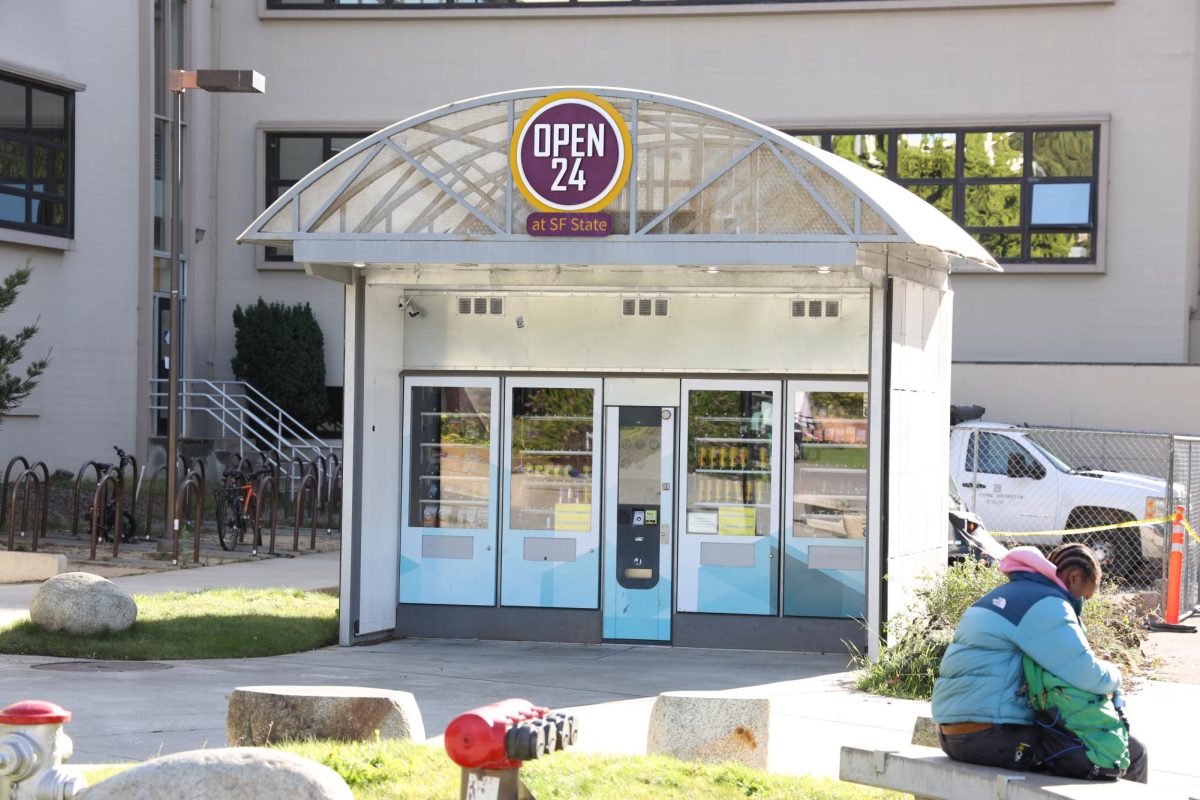The video game industry is plagued by microtransactions and day-one downloadable content (DLC) with the worst offense being the gaming industry trying to justify said practices.
Microtransactions in games can be defined as minor purchases found in free-to-play games like Hearthstone and Fortnite, as well as games on Facebook. These microtransactions can be from anything small such as fashionable accessories on a player’s virtual avatar, to huge perks like weapons that can only be unlocked through hundreds of hours of gameplay. The frustration from some gamers, like myself, have with microtransactions is that it makes people feel cheated from these so-called “free” games. Even popular Twitch streamers like Jaryd Lazar, a.k.a. Summit1G, complain about companies like Electronic Arts (EA) and their terrible microtransactions in each game.
“They don’t care about their reputation man. Or, at least, whoever is leading the way over there doesn’t care about reputation,” says Summit1G.
In the past, day-one DLC came after a game’s initial release, but now that some content is developed before the game’s release, consumers are having to pay extra to access the content that is locked by a paywall.
To show how much this adds up, let’s take a newly-released game that’s full price for $60 plus tax on launch day. The average cost for a piece of DLC can either range from a small price like five dollars for a character or $25 for a whole season pass worth of characters. That’s a lot more than what you initially spent for the $60 for some characters who should have been put into the initial release of the game more than anything. Imagine paying for 100 percent more of the game you initially paid for and all of it was add-ons that should have been there in the first place. It’s like having to buy keys for a brand new Yamaha Piano.
The fighting game genre is especially plagued by this day-one DLC practice. One example would be Dragon Ball FighterZ, where some characters are off limits unless purchased by “season passes” in order to unlock them. With the never-ending practice of day-one DLC and microtransactions, we as consumers and lovers of video games should not have to stand for these practices.
The reason game developers allow day-one DLC and microtransactions is because game development takes longer now than it did back then, as well as costing more to develop. Large groups of developers for a game are working with giant amounts of graphical and technical data, taking longer amounts of time and resources to push a game out of its early alpha and beta stages. Game developers also say the amount of content that was available previously was not an ethical practice when it came to content per hours of labor and development. Releasing games with $120 worth of content for $60 on launch is a huge blow to game companies.
A lot of newer games, which are around 9-10 hours in gameplay length, are much shorter because of that drawback. This reason however does not excuse locking content meant to be in the official release of the game for more money. Not all DLC is bad, especially DLC that came after a game’s initial release. Other than that, day-one DLC should not be a thing.
We should protest these day-one DLC and microtransactions by not buying said games with these practices and holding developers accountable for trying to swindle more from the consumer. Not all developers are like that however and truly want to put in more content without jeopardizing their business. If the initial product needs to be more expensive for more content, then a higher baseline price of over $60 is a small price to pay than being charged extra later down the line.











din john • Apr 14, 2020 at 12:09 am
free robux hack is used to unlock new gaming accessories and characters in the game.